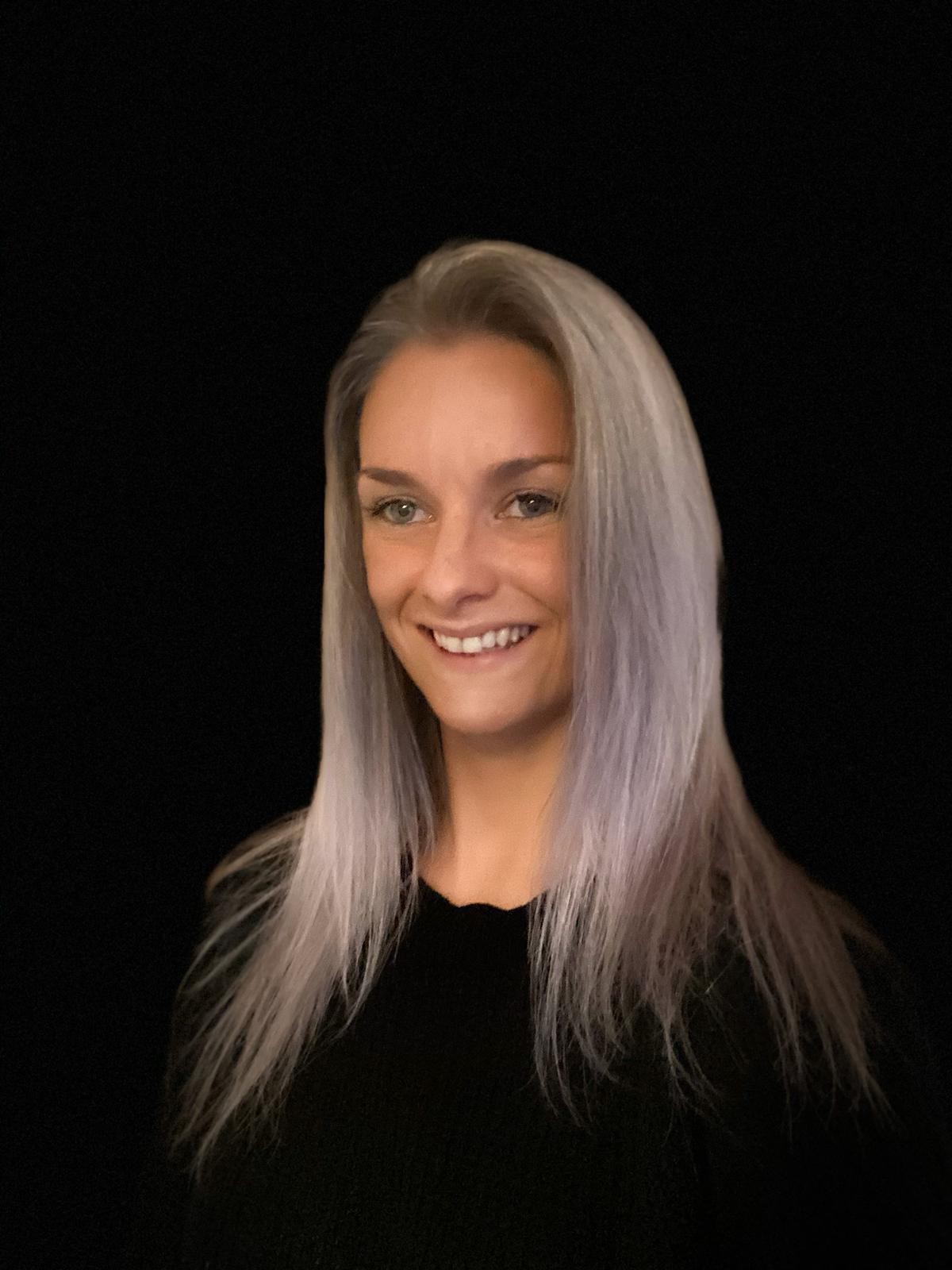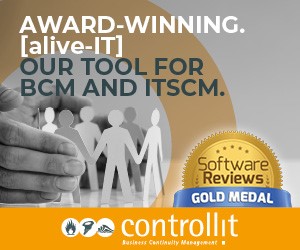Women in Resilience Spotlight: Jayne Romanczuk

This week we are shining a spotlight on Jayne Romanczuk, winner of the BCI’s Global Continuity & Resilience Newcomer award for 2019. One of the future leaders in the resilience industry. Read her story below.
What brought you into the industry?
The industry really chose me rather than the other way around, I had worked as a self-employed equine riding coach for 8 years before having a change of career going to work as a customer service advisor supporting customers on how to handle their debt. This experience was short lived as after 6 months one of the senior leaders in my office took me from my desk, asking if I would be interested in supporting the business continuity and data protection team for the British Gas Debt Operations. I had a very brief 15-minute explanation of what this new role would entail and then went away and scrolled through every document I could find to get to grips with what business continuity was all about and I’ve never looked back.
How did you reach your current position? What challenges did you face?
I fully enrolled into my position as a business continuity coordinator in February 2017, within this role I managed the continuity for British Gas’ Debt Operations office. The start of this journey was a big learning curve as the person who was previously in role had left the business meaning I had no guidance on what had been done before or what needed to be done. I spent months reading through all the documentation which had been completed as well as reaching out to our global resilience team for advice and direction until eventually enrolling onto the CBCI course.
Throughout this journey I slowly started to understand the discipline more and began to recognise that the processes that had been followed previously presented large gaps, creating a high level of risk and vulnerability for the operation. I spent a lot of time building close relationships with our leadership, re-developing and exercising our plans as well as improving the central documentation to make sure that we as a site and a business had a strong level of resilience.
The work I had done and the risk areas I had identified soon started to get noticed across the business and before long I was asked to move into my current role as a business assurance lead in October 2018. In my new role I support in the development of resilience strategies across our UK customer operations creating end to end continuity and recovery plans for whole processes as well as supporting our central resilience team where possible beginning with creating new documentation and implementing a new online SharePoint for all sites to be able to manage their resilience workstream.
My current role challenges me every day but also encourages me to always push myself and achieve the best. I can certainly agree that despite any obstacles I’ve enjoyed every moment of the journey and look forward to seeing where the next path takes me.
Which specific skills do you think are needed to become a leader in your field?
To become a great leader, you need to have great people skills, be a motivator and be brave with your approach. Moving into the corporate workplace from being an equine coach, I realised how many of those qualities I had previously built would come back in to play and support me in becoming a leader.
Just as I learnt when building my career in the equine discipline, you need to be able to interact with a range of different people regardless of their role within the business, adapting your style where necessary. It’s good to build trust and rapport with your colleagues and/or stakeholders. Making sure you agree a strong level of understanding with each other will give them confidence in you and your approach. Most importantly you need to be the person who keeps the team in high spirits even when things get tough.
You have to be brave to move forward within your field and confident in your own ability, just as I had to be when coaching. If you’re not sure and don’t push to achieve the best your student wouldn’t progress either or want to continue to train with you. Being able to accept that type of feedback gives you a big advantage to adapt to an approach that works for both of you to succeed.
Do you think that the BCI WiR initiative will influence our industry? If yes, how?
Women in Resilience is really encouraging and inviting for women to join the industry, I know for myself being very new to the resilience world, being able to attend WiR events has given me the confidence that I can become an integral part of the industry. I found it really inspiring to meet women alike and hear their experiences which resonate with those of my own so well and gave me comfort in knowing that I’m not the only one. WiR makes you feel supported and gives the opportunity to exchange ideas, helping you be a bit braver in your work life and I’m sure that other women would agree with how WiR creates a sense of community, in turn influencing the industry.
What changes would you like to see in the profession?
The direction that we are going in now is exactly how I would like to see the profession change, and that is having more focus on everyone being equals and seeing more women moving forward within the industry. I’m proud to be a part of these changes and hope to contribute where possible to support.
In your opinion, why should more people be joining the resilience community?
I think more people should join the community as it is just that. What I have found is that everyone is so supporting and always happy to listen and help where possible. Not only do you feel a part of something great, you get all these amazing opportunities to learn more and develop yourself as an individual. I think sharing best practice is a vital part of any work you are doing. Being part of the community gives you this opportunity to exchange ideas and provides insight into how different methods may have influenced a different way of working.

